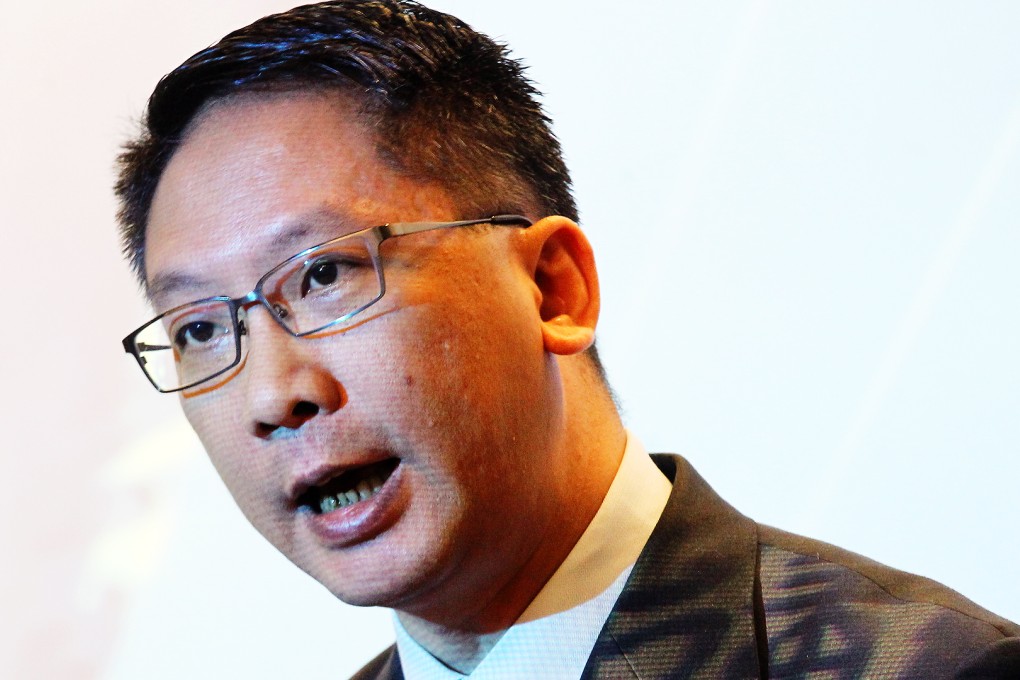China won't prosecute Hong Kong protesters under national security law, says justice minister
Hongkongers taking part in protests in the city should not fear prosecution in mainland China under national security legislation, as the new law is mainly a “declaration of principles”, the city’s justice minister said.

Hongkongers taking part in protests in the city should not fear prosecution in mainland China under national security legislation, as the new law is mainly a “declaration of principles”, the city’s justice minister said today.
Speaking before a duty visit to Beijing this morning, Secretary for Justice Rimsky Yuen Kwok-keung responded to some critics’ query whether, under the new national law approved on Wednesday, Hongkongers could be convicted in mainland China after taking part in demonstrations in the city.
“I think there’s no need to worry,” he said. “Firstly, the national security law is a declaration of principles. We can say that it is a blueprint for overall national security. It did not [mention] any new crime [to be prosecuted by the new law].
“Secondly, under general legal principles, unless a law clearly states that it regulates [citizens’] behaviour outside the territory, it would only regulate behaviour within the country or [jurisdiction]. In the current circumstance, people’s behaviour in Hong Kong is, generally, only regulated by Hong Kong law.”
The sweeping and controversial national security law, passed by the central government, covers a wide range of state interests including military actions overseas.
It also said Hong Kong had the responsibility to protect national security, although an official of the national legislature explained that the law would not be directly implemented in Hong Kong and Macau.